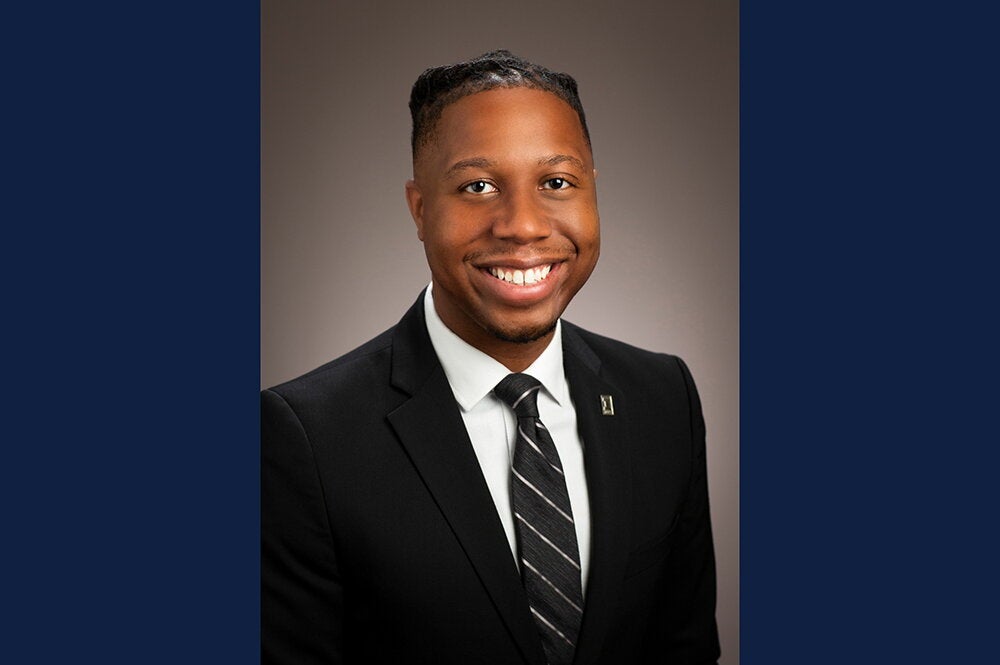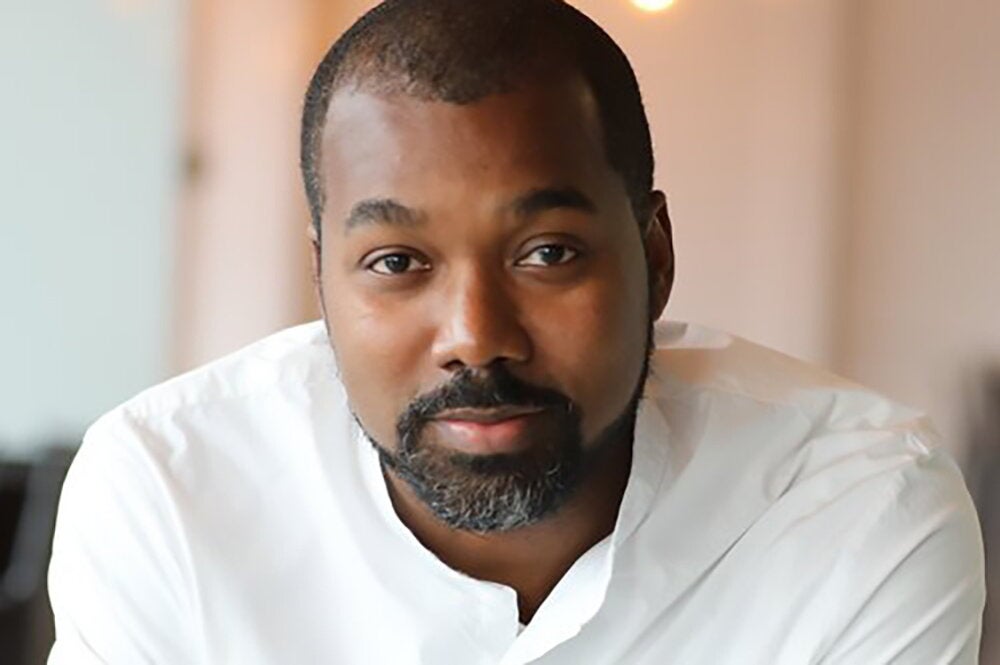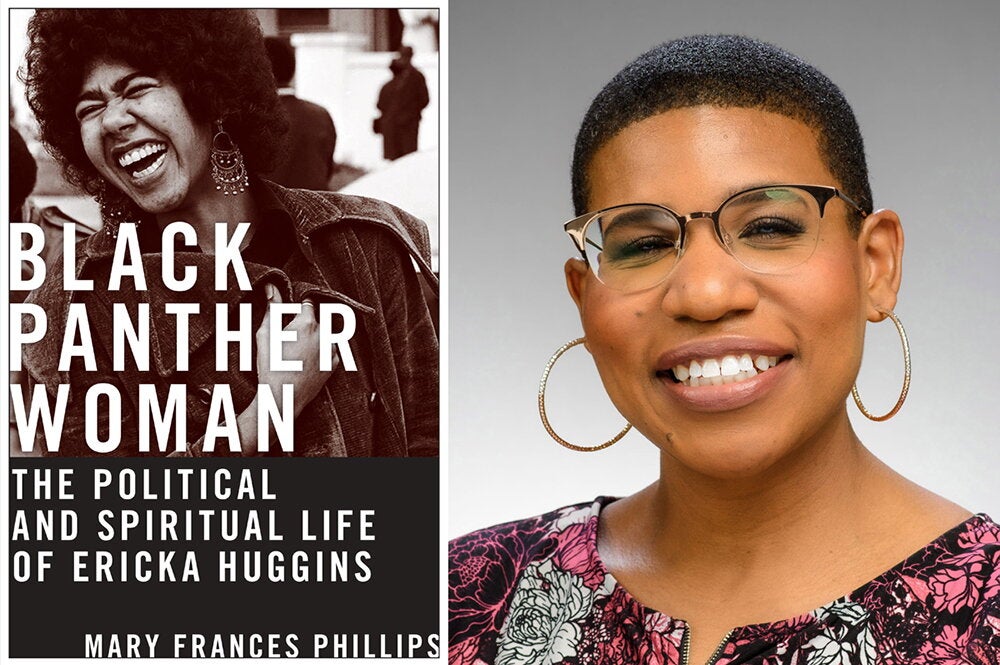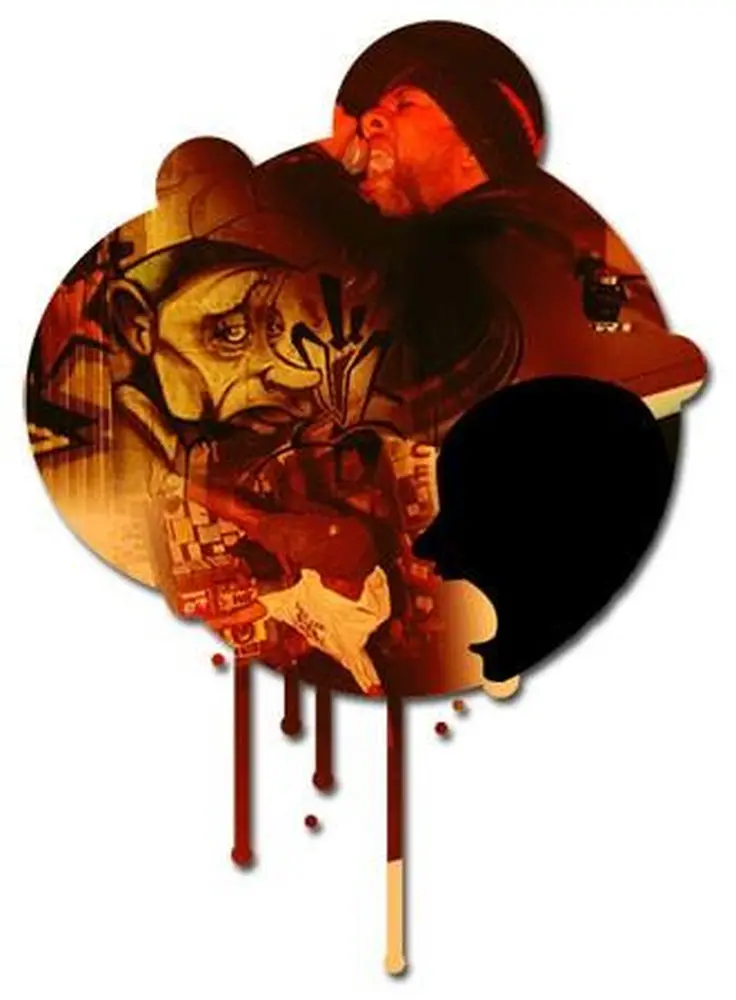
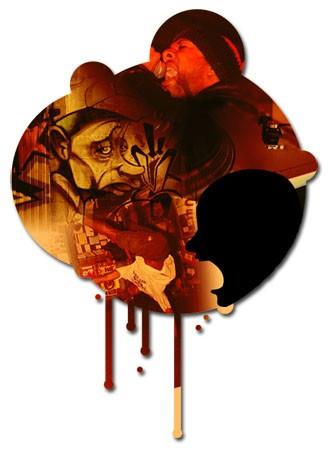
When Marc Perry was growing up in New York City in the 1970s, he remembers his babysitter taking him to outdoor street jams where people plugged turntables into outlets at the base of streetlamps. What he witnessed was the beginning of the hip-hop phenomenon, which has now spread across the globe, from Japan to Germany, France to Cuba.
Today, Perry is a post-doctoral fellow in the Department of African American Studies in the College of Liberal Arts and Sciences, and he has traced this dispersal of hip-hop music across the world. In particular, he focuses on ways that black and other disaffected, "racialized" youth use hip-hop to "give a voice to the marginalized and voiceless."
In the United States, hip-hop has become a multi-billion-dollar industry since the 1980s and has been more associated with extravagant consumption than political statements. But Perry says that's not true in many other countries, such as Cuba, where he spent two years doing ethnographic field work.
Hip-hop music arose in Cuba during the period in which the Cuban economy transformed following the demise of the Soviet Union and Eastern bloc. Cuban rappers have used their music to critique the tensions that have emerged during this transformation. For example, Perry says rap music has been used to protest increasing racial divisions in Cuba-a society that once prided itself on being "non-racial."
Hip-hop is also being used to bring attention to divisions between those Cubans who have access to foreign currency and those who do not. "Most Cubans today cannot survive without access to foreign currency to buy even basic things," he notes.
However, the political power of hip-hop in countries such as Cuba should come as no surprise. "In the United States," Perry says, "hip-hop started out embracing a certain tradition of protest-until that voice was significantly diluted by commercialization."
